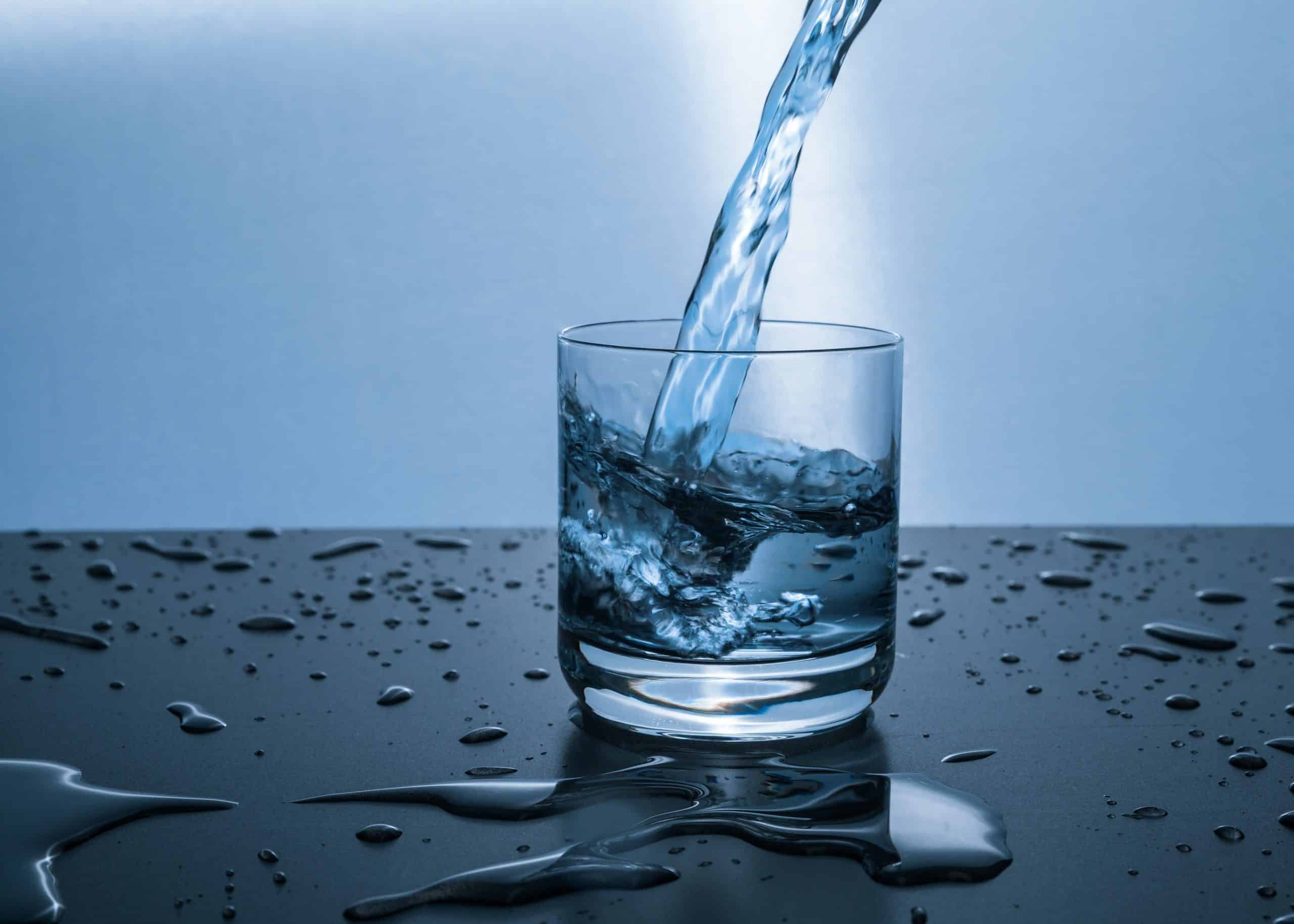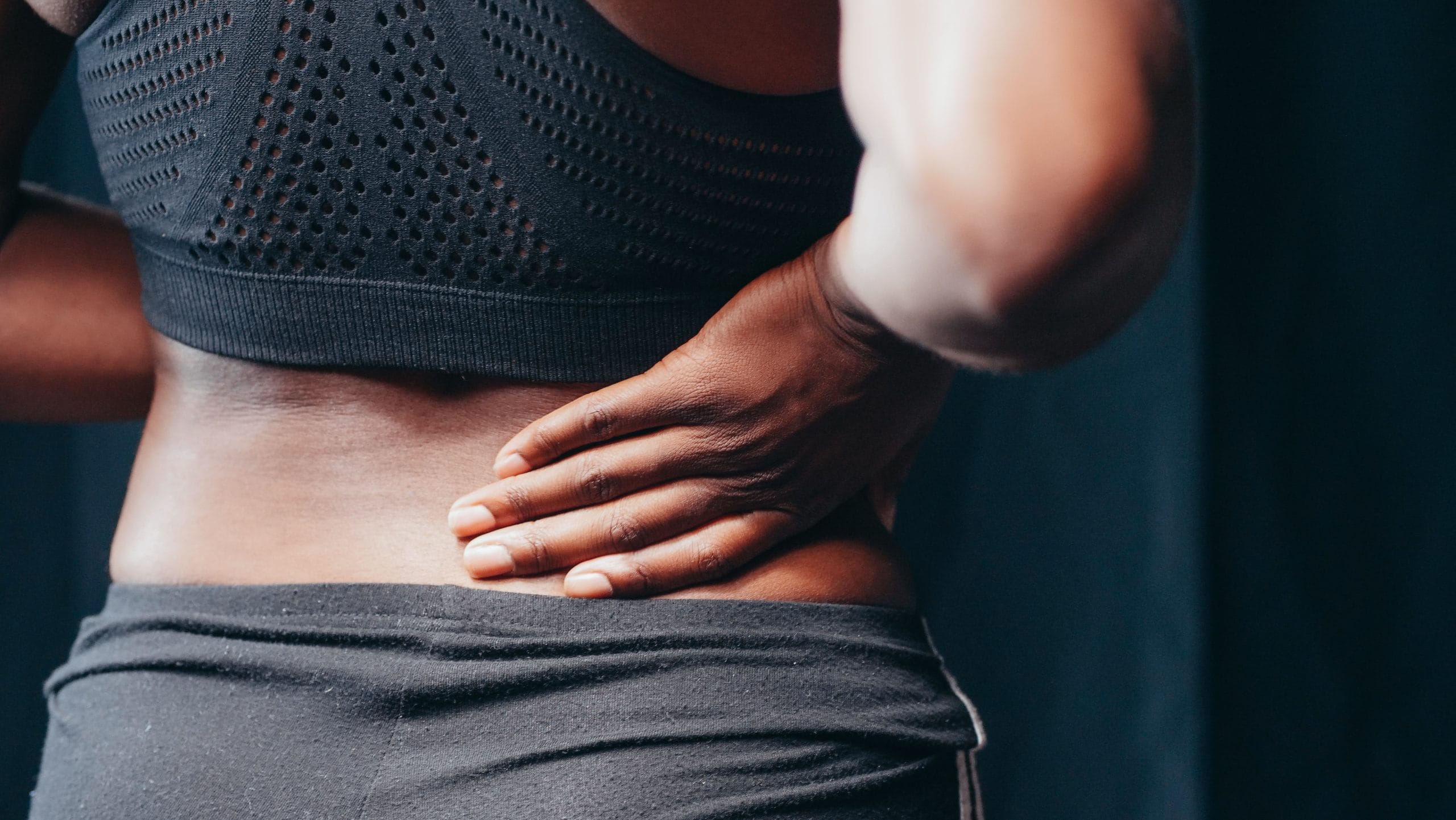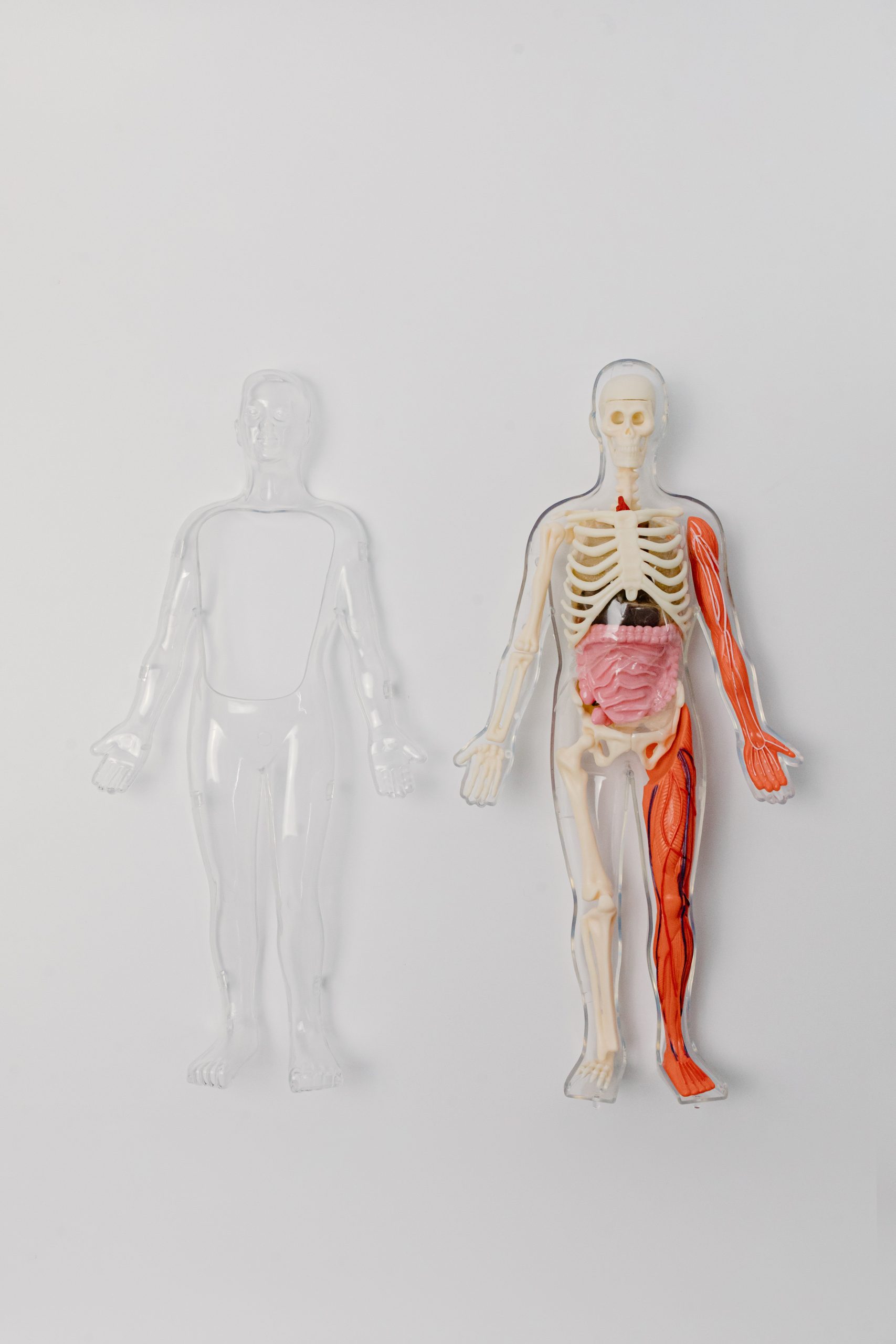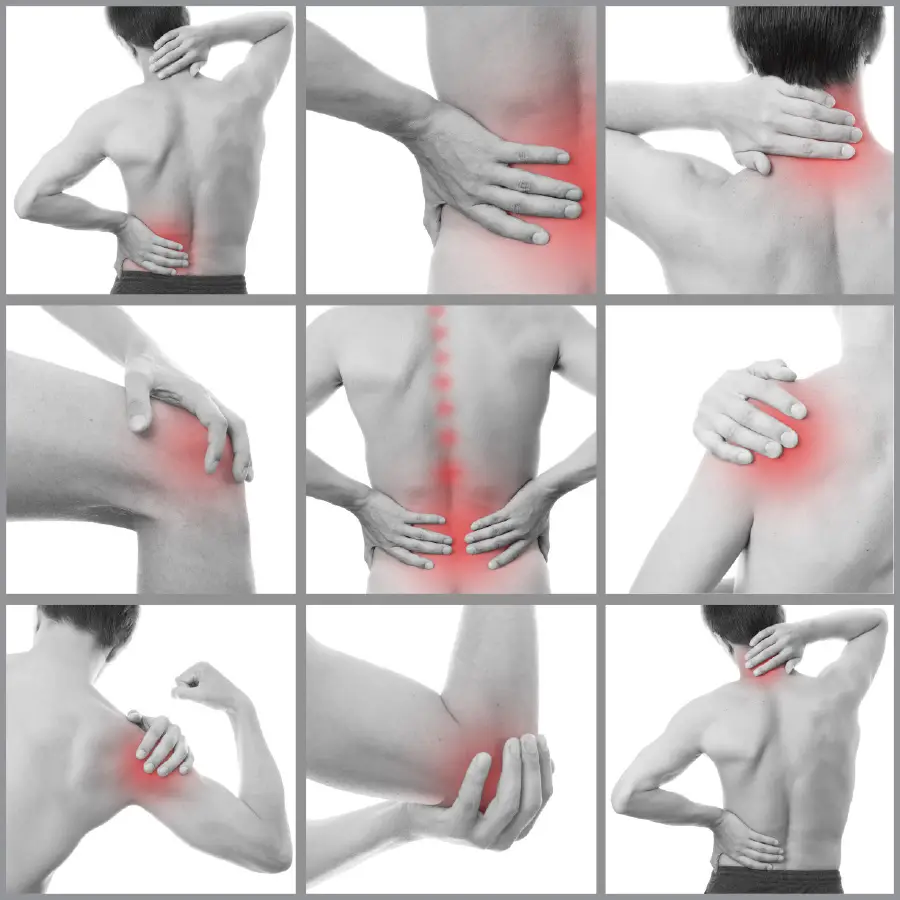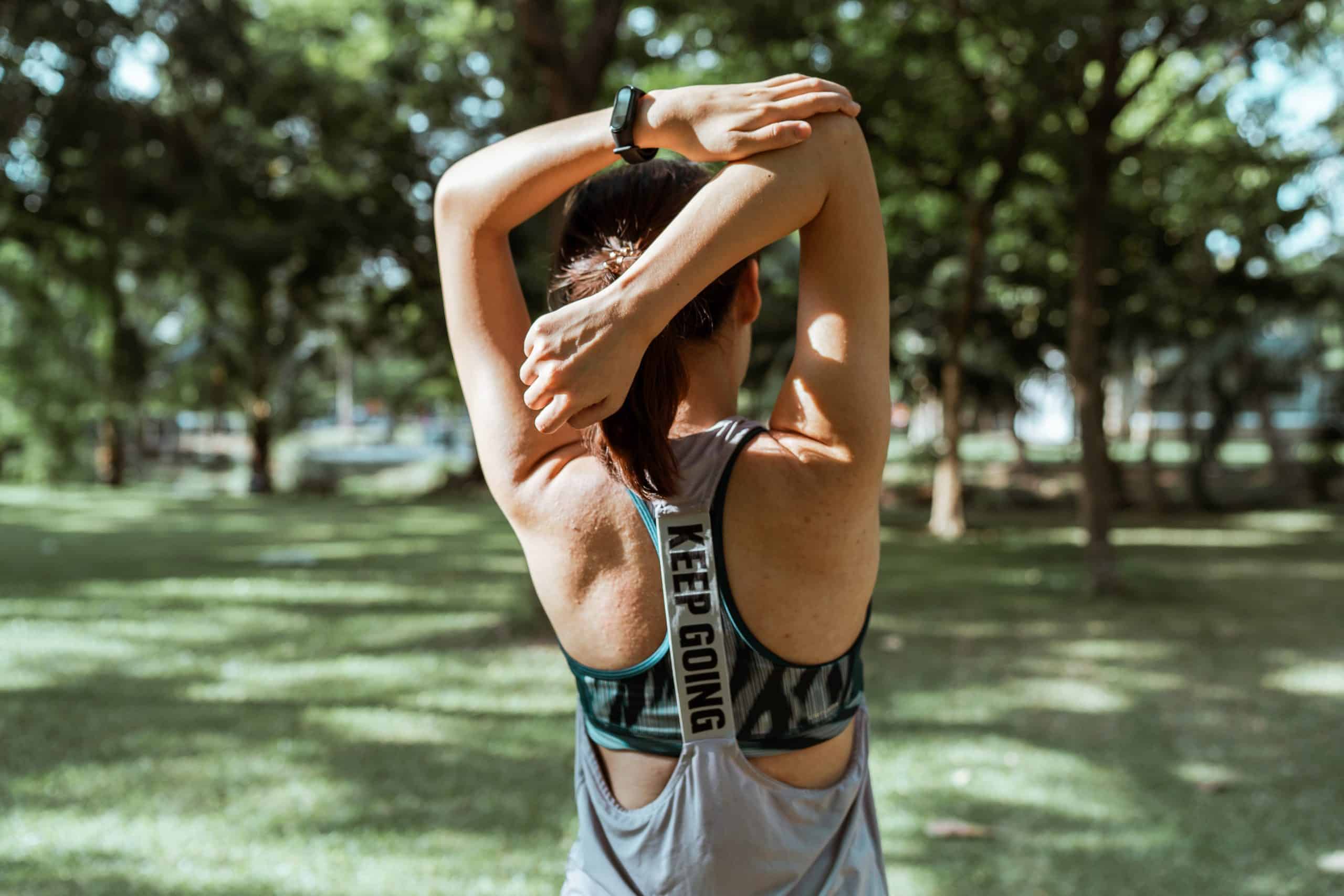8 Ways to Make Summer Grilling Healthier
Outdoor cooking for safety, health
1. Avoid grilling processed meats at all costs.
Processed meats contain an entirely different set of potentially carcinogenic agents than unprocessed meats. So in my view, this means saying good-bye to hot dogs and sausages on the grill. Always grill unprocessed meats: grass-fed hamburgers or steak, organic, free-range chicken, and wild fish.2. Marinate!
Studies show that marinating food prior to grilling reduces the levels of carcinogenic compounds. Lighter, thinner marinades seem to work best, as the thicker ones with sugar burn more easily. I’ve included two of my favorites, an Italian Marinade and a Mexican Pesto Marinade, both always winners in my household and cooking classes. Both can double as salad dressings or dips for your fun summer picnics.3. Go lean.
Choose lean organic chicken and grass-fed beef or fish over fattier alternatives like ribs and sausage. There will be less drippings and therefore fewer PAHs.4. Smaller cuts of meat.
Kebabs, anyone? Choosing smaller cuts of meat that take less time to cook will limit exposure to chemicals.5. Mind the barbeque and hone your technique.
If you’re on grill duty, make sure you flip burgers every minute, keep food a good six inches from the heat source, and use cedar planks whenever possible to prevent the juices from dripping onto the grill. (Cedar plank wild salmon is delicious!)6. Go for the veggies!


7. Ditch burnt meat.
As appealing as char-grilled may look, the charring is toxic and I always recommend cutting off burnt or charred parts.8. Check your briquettes.
If you use charcoal briquettes, go for the natural ones made from either real wood or coconut, (there won’t be any coconut flavor in your briquettes). Not all briquettes contain the same ingredients. The largest briquette manufacturer lists their ingredients publicly.Reference: Harvard Health Publications and Brigham and Women’s Cancer Center

